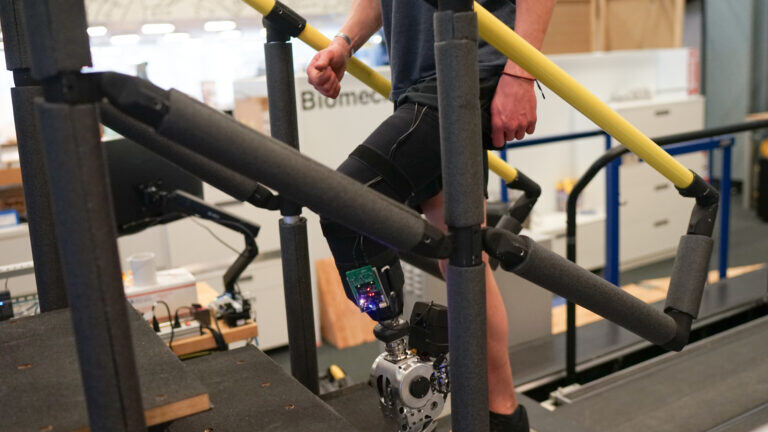artificial intelligence
A drag queen AI that calls itself Glitter Byte
There's a debate brewing in the heath tech world about the extent to which humans should be involved in reviewing AI-generated content before it reaches patients, or keeping a "human-in-the-loop."
This week, I spotlight a team that aims to challenge the notion that humans must review that content in every instance — a provocative stance given health systems' hesitation to set AI loose on patients directly even for administrative functions.
For the past several months, the AIDS Healthcare Foundation and tech company Healthvana have been offering patients (who opt-in) a conversational AI care navigation bot that can answer questions about sexually transmitted infections, schedule appointments, and review test results. This one, though, has a fascinating extra layer of personality — if patients choose, they can get all that information in the persona of a drag queen.
The foundation tells me it's especially useful for reaching marginalized populations who are historically underserved when it comes to sexual care — people who might not feel comfortable asking questions about sexual health and prevention in-person.
"Drag queens are about acceptance and taking you as you are," the foundation's vice president for public health, Whitney Engeran-Cordova, told me. "You're getting the unvarnished, non-judgmental, empathetic truth."
Read more here, and tell me what you think.
in the lab
A new procedure makes walking with a prosthetic leg feel more seamless

My colleague Timmy Broderick gives us a window into a surgical technique that could help people with below-the-knee amputations better control their prosthetics. In a study published Monday in Nature Medicine, trial participants could walk faster including on uneven terrain and showed increased spatial awareness, Timmy writes.
"If you have intact biological limbs, you can walk up and down steps, for example, and not even think about it. It's natural, it's involuntary," Hugh Herr, study co-author and head of the biomechatronics group at the MIT Media Lab, told Timmy. "With our patients, even though their limb is made of titanium and silicone, all these various electromechanical components, the limb feels natural, and it moves naturally, without even conscious thought."
Herr and his team at MIT and a group at Brigham and Women's Hospital, have pioneered this surgery over the past decade. If you have been a STAT reader long enough, you might remember that we followed Herr's work for over a year and captured it in the Emmy-nominated documentary "Augmented," along with "NOVA," the primetime PBS science show.
Read more from Timmy.
Electronic health records
Blind VA employee suing the agency over inability to access new EHR software
Also from Timmy, a blind Veterans Affairs Department employee is suing that agency for making her job impossible with the new electronic health records system it is implementing as part of the multi-billion, more than a decade-long contract with Oracle-Cerner. (That contract's persistent issues have been well documented, including recently by my former colleagues at Business Insider. )
Clinical social worker Laurette Santos, who's worked for the VA for a decade, found that after the switch to Oracle, she needed sighted colleagues to help her complete basic tasks. "I am extremely independent, and I work to maintain that independence," Santos told Timmy. "I feel that they came along and made me disabled again, and I object to that." Read more.


No comments